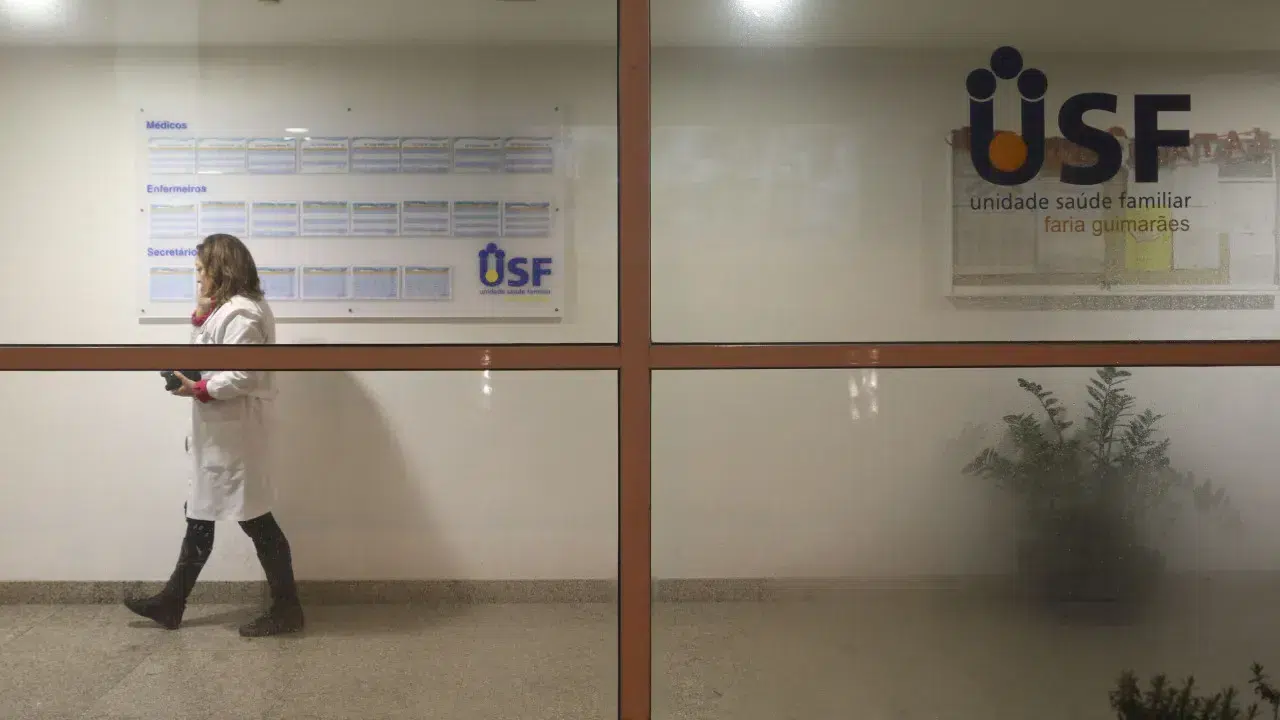
A letter sent today to the government, MPs, and entities responsible for health, equality, and fundamental rights issues addresses an incident involving a woman who gave birth on a street in Carregado, Alenquer.
“It is unacceptable that, in the 21st century, women are giving birth on the streets due to lack of response from the public health system. The dignity and rights of pregnant Portuguese women cannot continue to be ignored or relativized in favor of temporary administrative solutions,” the association criticized.
The APDMGP claims this case highlights “the risks of maintaining this policy” and calls for “urgent measures in response to a serious situation” stemming from the implementation of the ordinance that established the SNS Grávida line in December 2024, requiring pregnant women to contact the service before accessing NHS Obstetrics and Gynecology emergencies.
The association notes that this measure, initially piloted in the Lisbon and Tagus Valley region, is now being extended beyond the greater Lisbon area.
“Since its implementation, this line has created barriers to immediate and safe access to maternal healthcare, an administrative attempt to manage the scarcity of resources but at the cost of violating fundamental rights,” the association emphasized in the letter accessed by Lusa.
Besides the cases covered by the media, the APDMGP indicates that it “has closely monitored how this line has complicated the pregnancy and childbirth experience for women,” stressing that “the consequences are evident.”
“It restricts the right to healthcare access (Article 64 of the Constitution of the Portuguese Republic), interferes with the freedom of choice of healthcare provider (Health Bases Law), and compromises the personal autonomy and dignity of pregnant women,” it asserted.
Referring to the Carregado incident, the association remarked that “it is not an isolated case but a direct consequence of a system that conditions access to obstetric care with telephone filters, undervaluing clinical signs and the critical response time in obstetric emergencies.”
“Moreover, the SNS Grávida line directs patients to hospitals designated by the triage center, exacerbating the existing ‘lottery effect’ in obstetrics, aggravating care discontinuity, hindering informed choice of the place of birth, and endangering maternal and neonatal health,” it pointed out.
The association recalls that the mandatory phone contact is only waived in very specific cases, such as loss of consciousness, heavy bleeding, or severe pain, “leaving out numerous urgent situations that require immediate medical intervention and cannot be assessed remotely.”
Facing this situation and the “real and already materialized risks of applying” the ordinance that created the service, the APDMGP reiterates “the urgent request for the abolition of the SNS Grávida Line as a requirement for access to obstetric emergencies.”
It calls for “immediate action” from entities with constitutional and legal competence to raise the ordinance’s unconstitutionality before the Constitutional Court.
Finally, it urges the urgent review of public maternal health policies, ensuring universal, safe, and streamlined access to healthcare.




